Triona Scully is not your usual suspect!
Irish born Triona Scully’s debut novel looked at ‘the role of gender in the serial killer sex crime genre.’ With humour she takes a thought provoking take on the crime genre. In it she swaps the gender roles of all those involved and it is a welcome challenge to stereotypes both in life and in crime fiction.
Triona Scully and I attended a writing course together, where we bonded over mugs of tea and Tunnock’s teacakes. Triona kindly took some time out of her busy schedule as an author, blogger and editor to answer some questions.
How did you start writing? Did you write as a child, or did you come to it later in life?
I’ve always written poetry, since childhood, and spent much of twenties as a performance poet. I’ve always felt like a writer, it’s never occurred to me not to write. After my son was born, I wrote a play (which is easier to do than a novel, because it’s just narrative) but they are expensive to produced, so I turned my attention to novels, which are self-contained.
You’re a full-time mum, how do you fit your writing in around your parenting? Do you write every day/week/when you can?
My boy’s getting older and has just discovered Fortnite online, so these days I have plenty of time! I write most days; it depends if I am working on something I’m exited about!
What are your objectives for each writing session – to write a set number of words, write for a set period, or as the muse takes you?
As you’ll remember from Valerie’s class, Emma and I took a writing course together, three hours six days is the optimum amount to produce a first draft in a couple of months. This is my daily goal, but I don’t always reach it.
Do you plot or pant your stories?
A bit of both. With my current project so much is coming to me through sitting at the laptop pressing keys, but the further into the book I get, the more I see there has to be some structure. Right now, I’m sitting with four different colour post-its, three for each of my central characters to list the individual plots they each have, and the fourth to denote the central plot that links them all. This blueprint is subject to change but enables the story to flow better – I hope!
Have you taken part in NaNoWriMo. Was it helpful?
No, but I have, with your lovely self, taken part in a course where we write a first draft of a novel in six weeks. This course completely changed my life and the core principals, write for three hours, six days, write the first chapters then the middle then the end, don’t edit or overthink, just keep pressing keys, are how I approach every new idea.
What was the most valuable thing you took from Valerie’s course?
Two things. 1) No-one never died whilst writing for three hours a day. 2) First drafts are all about flow. Forget your fancy edits and your sentence structure, put your words on the page and tell a story. – Don’t look back, that’s for the next round.
How do you write your first drafts? Do you write longhand or straight onto the computer?
Straight to laptop because it saves time, both initially and when editing.
A lot of beginner writers fear not being good enough. Did you ever worry about this? If you did, and how did you overcome it?
I think it is the writer’s lot to have that inner critic dragging them down. For me, I write through it as best I can, but it is challenging and definitely, in the past, I have abandoned perfectly good stories and ideas because the inner critic wouldn’t shut up and I lost faith in them.
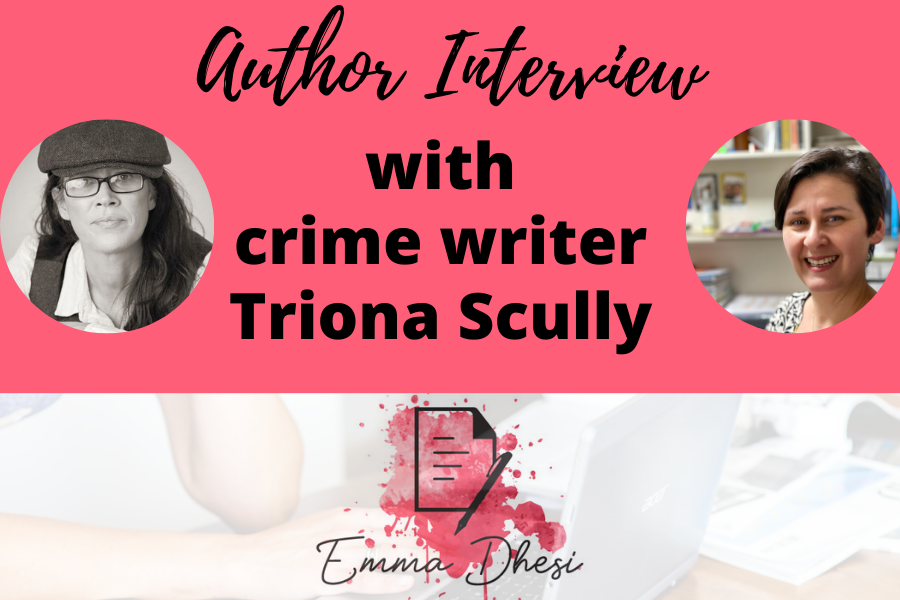
From time to time, I link to products or services I love using with affiliate links. This means that I may receive a small percentage or fee for referring you to any product you may purchase from one of those sites. It does not cost you anything. These small fees help sustain my small business. I truly appreciate your support.
Tied in with the last question, beginner writers often feel the need for validation, either by an editor or a trusted mentor. Is that something you have experienced?
I am definitely growing more confident in my ability to tell the good from the mundane, but at some point, all work must be given a subjective edit, if it is to compete in the marketplace. As a writer, I’m a sensitive creature and I struggle with criticism, but I get better, all the time, at taking it and running with it, and it produces better work.
Which writers inspire you?
Agatha Christie and Andrea Dworkin, two very different women. Christie – the world’s most famous crime author, because she was so prolific and her plots so clever and her characters so considered and her understanding of human nature so acute. ‘The murder of Roger Ackroyd’ is the perfect crime story. Dworkin – a fierce feminist, from a Jewish background with life experience that included prostitution and domestic violence—wrote beautifully and profoundly about the female condition. Her works are not for the faint-hearted and are incredibly difficult to read as she traces misogyny through history, through literature, through politics, through religion. ‘Intercourse’ her unflinching look at the role sex plays in a woman’s oppression is powerful and so deeply poignant.
Are there any craft books you’d recommend to beginner writers?
On Writing by Stephen King. The Artists Way by Julia Cameron.
What advice do you have for beginner writers?
Write. Don’t overthink it. Don’t bother comparing it. It shouldn’t sound like someone else’s work, because it’s not. It’s yours. Find your voice. You have one. Find a class or a group, because it’s helpful to get feedback, and it teaches you about deadlines. Never listen to people who tell you can’t make a living solely from writing. Often, these people are trapped in unhappy careers with pension plans they are afraid to abandon. You will never make it as a writer unless you start from the premise that it’s possible. Read.
I’m a strong believer that there’s an audience for every writer. Would you agree with that?
Yes. I think the huge challenge in today’s marketplace, which is potentially completely online, is how do you find the people who will love this book in the way I love it? Marketing, alas, Emma, is more your thing than mine, but I am opening myself to the idea that it is impossible to market a book without marketing yourself. We’re all brands now.
Where do you get your story ideas?
Media. Current Affairs. Feminist Circles. My head. If I am struggling to come up with an idea, I use the Why? Why, Why? Method, taught to me, like everything, by the wonderful Valerie (you’d think I was her agent, eh?). Come up with an opening premise – ‘Kate turned the key in the front door, hit the light switch and froze, momentarily, before screaming’ Why? Because there was a man lying dead on the ground Why? Because someone had stabbed him with the Carving knife from Kate’s prized collection of knifes that normally sit beside the window in the kitchen. Why? To frame Kate for his murder. Why? – You get the picture!
What are you working on now?
I’m working on a novel and I’m at the early, heady, super exiting stage where I’m letting the plot and the characters unfold through my keyboard, and it’s the best feeling in the world. Like an actress who daren’t say the name of The Scottish Play, I never speak about works in progress in case I jinx it. I’ve had that uncomfortable conversation in the past where someone has said ‘How’s the book going, you know the one with the psychotic hairdresser and the beauty salon that doubled as a morgue?’ and I’ve had to say, ‘Yeah I stopped half way ‘coz Nexflix dropped four seasons of The Killing.’
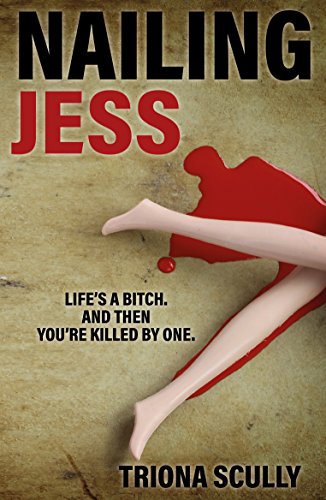
If you’d like to find out more about Triona Scully and her work you can connect with her here at https://trionascully.com/.
You can grab yourself a copy of Triona Scully’s 5 Start reviewed debut novel, Nailing Jess, from Amazon.
If this article was useful, you’ll love:
If you are trying to write your novel, but lack the confidence or self-belief to see it through to the end, then join me in Unlock Your Creative Block.
It's the only programme that gets to the heart of why you can't finish your book, even though it's what you want to do more than anything else in the world.

Emma Dhesi writes women’s fiction. She began writing seriously while a stay at home mum with 3 pre-school children.
By changing her mindset, being consistent and developing confidence, Emma has gone from having a collection of handwritten notes to a fully written, edited and published novel.
Having experienced first-hand how writing changes lives, Emma now helps beginner writers find the time and confidence to write their first novel.

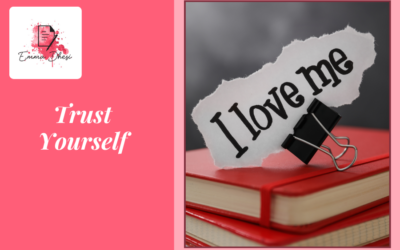
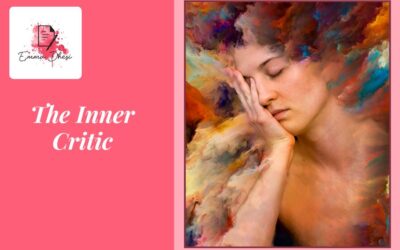
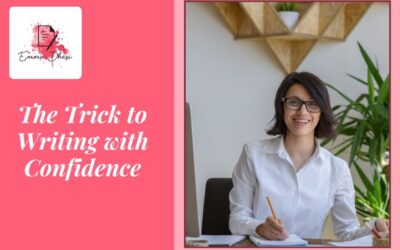
0 Comments